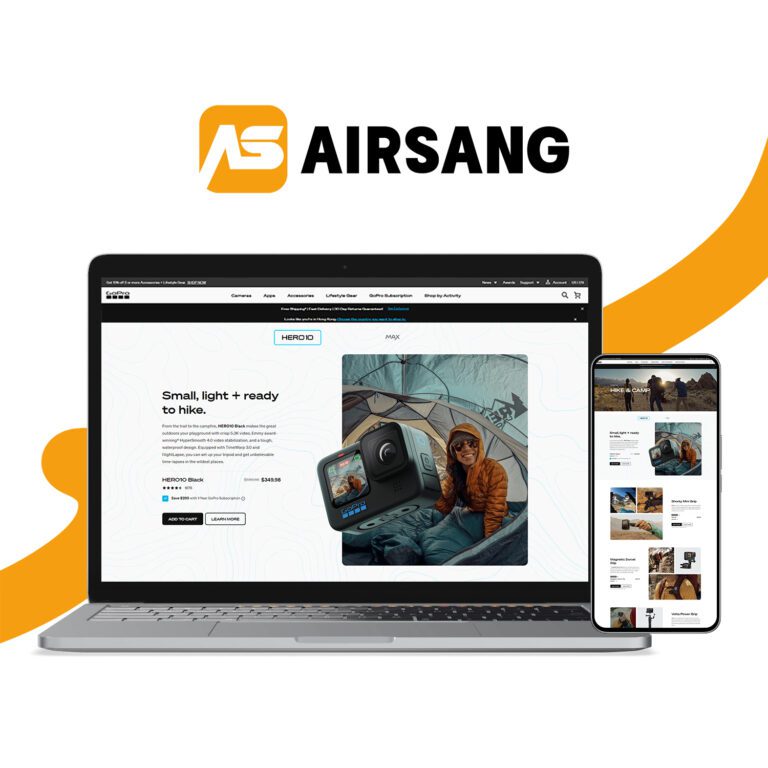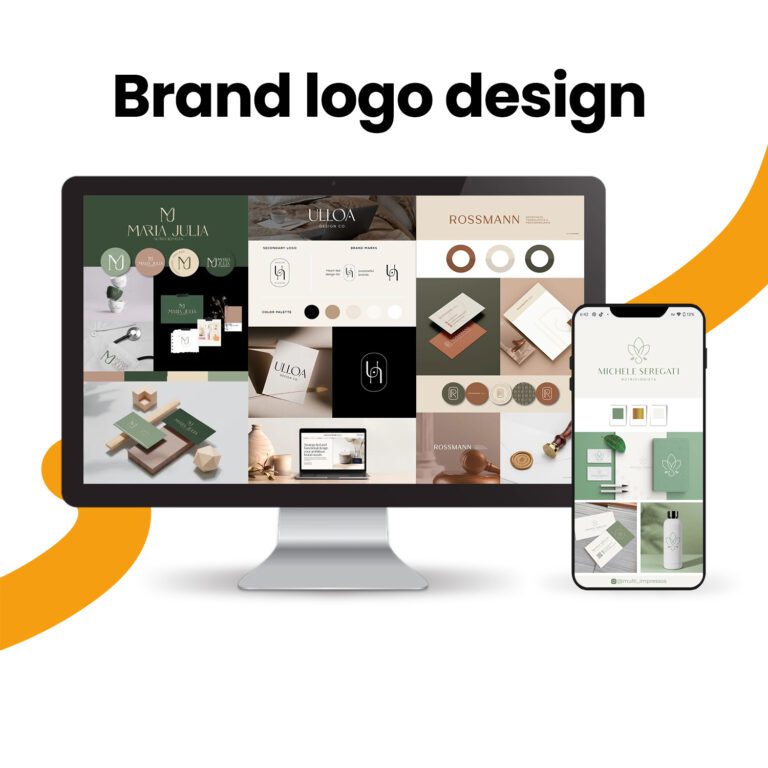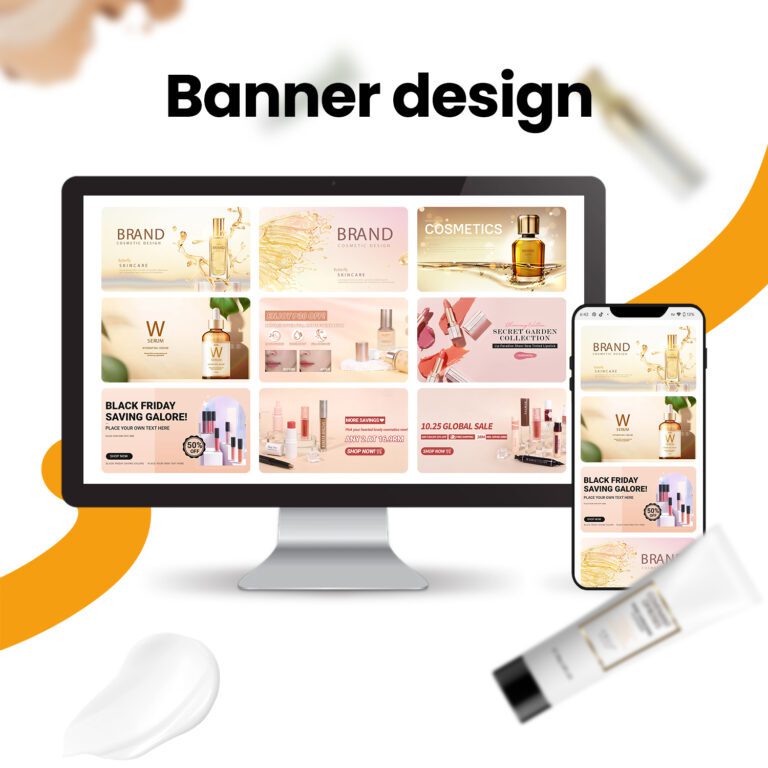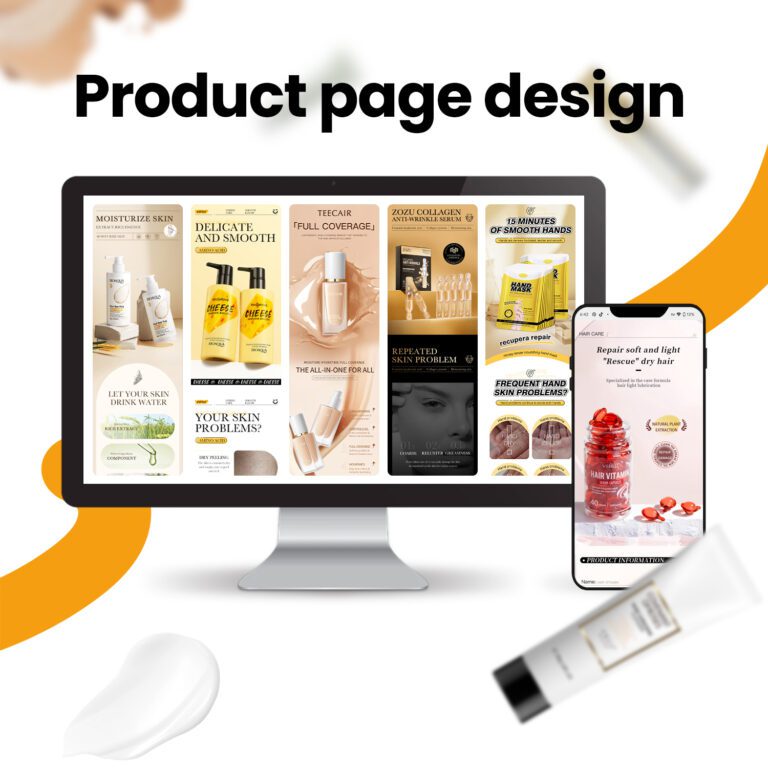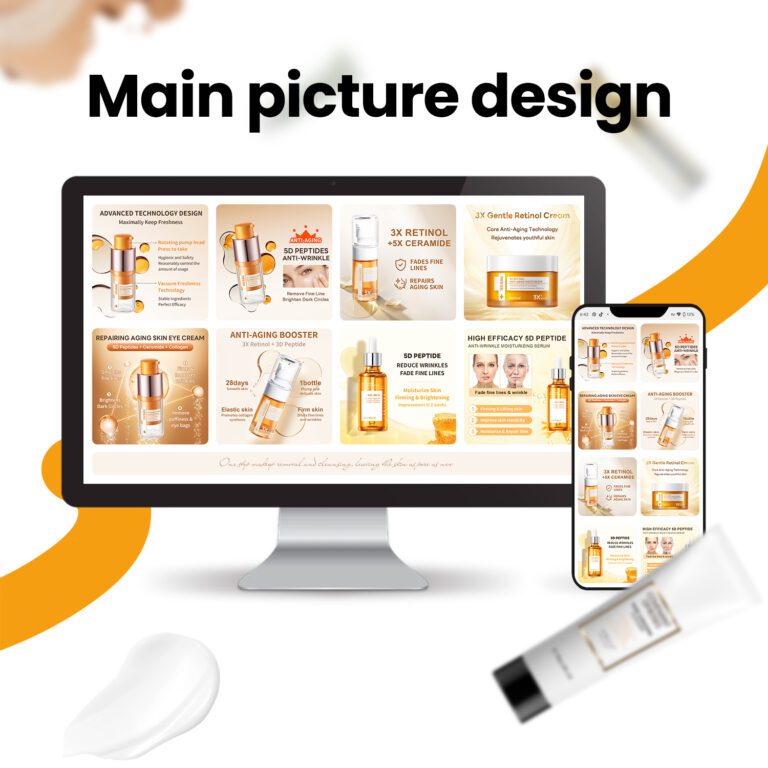Tips for Hiring the Right E-commerce Website Designer
In today’s digital landscape, your e-commerce site is often the first touchpoint for potential customers—so it must look great and work flawlessly. At Airsang Design, we know that smart design drives sales, builds trust, and strengthens your brand.
Hiring a specialized e-commerce design team can help you build a tailored, high-converting online store. But with so many choices, how do you pick the right one? In this guide, we’ll walk you through how to choose the best-fit e-commerce partner for your business.
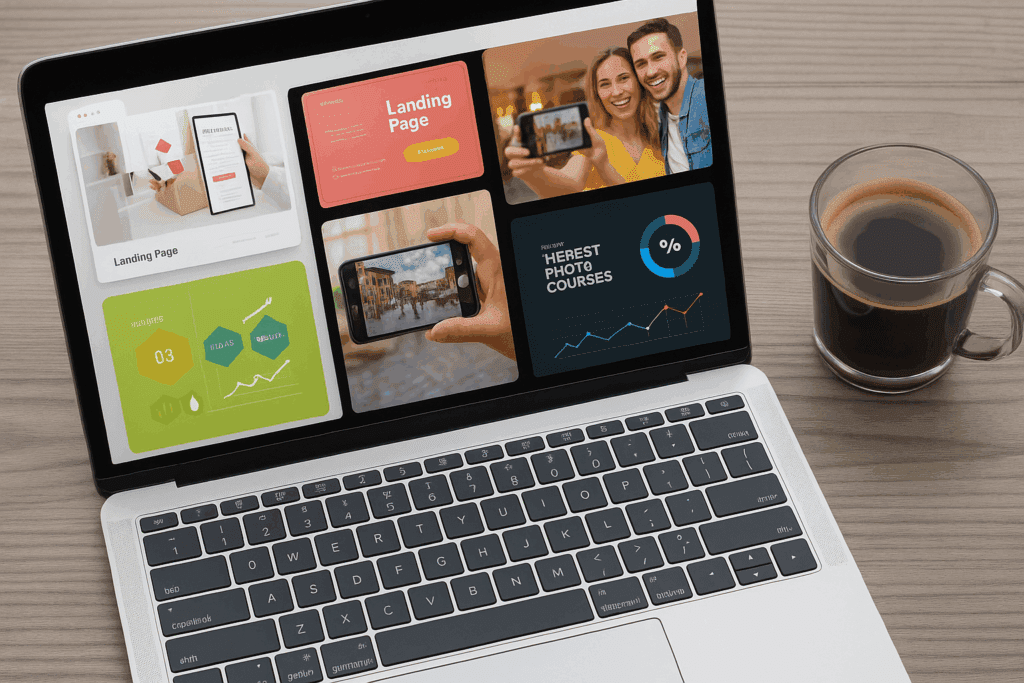
Various eCommerce Platform Options
Choosing the right e-commerce platform is key—it affects your store’s user experience, features, and growth potential. Here are some top options to consider:
1) Shopify
Shopify is a user-friendly, all-in-one hosted platform ideal for small to medium-sized businesses. It offers intuitive tools, strong support, and seamless setup—perfect for entrepreneurs who want to launch quickly and scale efficiently.
Key Features:
- Customizable themes
- Built-in payment gateway
- SEO & marketing tools
- Mobile optimization
Pros:
- Easy drag-and-drop builder
- Rich app ecosystem
- 24/7 support
Cons:
– Limited design flexibility
– Monthly costs can grow
Best for:
Brands seeking a simple, reliable e-commerce solution without the tech hassle.
2) WooCommerce
WooCommerce is a powerful, open-source plugin for WordPress, perfect for those seeking full control and deep customization. Ideal for businesses comfortable with WordPress and looking to scale on their own terms.
Key Features:
- Seamless WordPress integration
- Highly customizable with plugins
- Broad payment gateway support
- Strong community resources
Pros:
- Free core plugin
- Full design and feature flexibility
- Large support ecosystem
Cons:
– Requires technical setup and maintenance
Best for:
WordPress users needing a flexible, scalable e-commerce solution.
3) Magento
Magento is a robust open-source e-commerce platform built for large businesses with complex needs. It’s highly scalable and packed with features—ideal for enterprises and stores with extensive product catalogs.
Key Features:
- Full customization via extensions
- Handles large inventories with ease
- Supports multiple languages & currencies
- Integrated payment gateways
Pros:
- Extremely flexible
- Enterprise-level scalability
- Strong SEO & marketing tools
Cons:
– Steep learning curve
– Requires hosting and technical upkeep
Best for:
Enterprises needing a scalable, feature-rich, and customizable e-commerce solution.
4) BigCommerce
BigCommerce is a cloud-based platform built for fast-growing businesses needing scalability without the hassle of self-hosting. It offers robust features right out of the box.
Key Features:
- Built-in SEO, payments, and analytics
- Multi-channel selling (Amazon, eBay, etc.)
- Mobile-optimized storefronts
Pros:
- Scales with your business
- No transaction fees (on most plans)
- Strong SEO capabilities
Cons:
– Limited design flexibility
– Higher pricing than some competitors
Best for:
Growing brands needing a scalable, all-in-one e-commerce solution.
Key Factors to Consider When Hiring an eCommerce Web Design Agency
What to Look for in an E-commerce Web Design Agency
Choosing the right agency is just as important as picking your platform. Here are five key factors to consider:
1) Relevant eCommerce Experience
Look for agencies with a proven track record in eCommerce design—think optimized product pages, intuitive carts, secure checkout, and smooth navigation.
2) Their Own Website
An agency’s website is their calling card. If it’s hard to use or poorly designed, that’s a red flag. A polished, user-friendly site shows their capabilities.
3) Core Values
Choose an agency that values transparency, collaboration, and aligning with your goals. A strong partnership starts with shared principles.
4) Clear Development Process
Ask about timelines, milestones, and QA. A structured process helps keep your project on time and minimizes surprises.
5) Skilled Team
A qualified team—designers, developers, and project managers—ensures your site is high-performing, secure, and scalable, with smooth integration of key tools like payment gateways and shipping solutions.
What Not to Do When Hiring an E-commerce Design Agency
Avoid These Common Mistakes When Hiring an E-commerce Web Design Agency
Choosing the right agency is critical—but overlooking key details can derail your project. Watch out for these common pitfalls:
- Unclear Goals – Lack of direction leads to scope creep and misalignment
- Choosing by Price Alone – Low cost can mean poor quality and hidden fees
- No Post-Launch Support – Ensure ongoing help for updates and fixes
- Ignoring Platform Expertise – Hire an agency familiar with your chosen platform
- Skipping Reviews & References – Always check past work and client feedback
- Poor UX Focus – A pretty site that’s hard to use won’t convert
- Neglecting SEO & Speed – Performance and search visibility are essential for sales
Avoiding these mistakes sets the foundation for a smoother, more successful e-commerce build.
Conclusion
At Airsang Design, we believe a professional e-commerce website is key to standing out and scaling in today’s market. Beyond great visuals, your site must be user-friendly, secure, and performance-driven.
Hiring the right agency is a long-term investment—choose a partner who understands your goals and is committed to your success.

